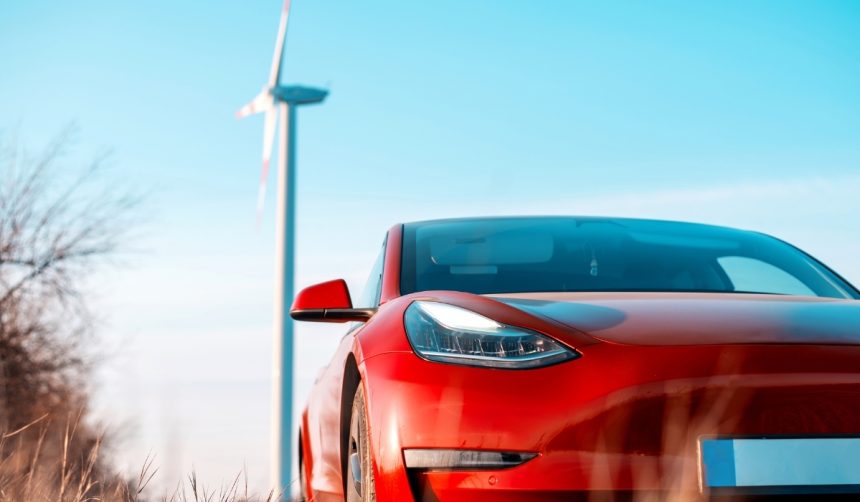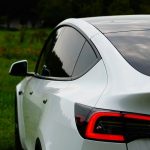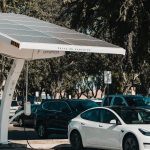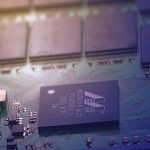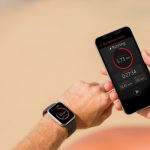Interest in autonomous vehicles is growing as global automakers experiment with new markets. Tesla‘s Full Self-Driving (FSD) feature, while receiving skeptical coverage in the United States, has attracted a different response in Japan. Japanese technology journalists have recently explored FSD on Tokyo streets, offering a glimpse into local sentiments and regulatory shifts that could shape self-driving adoption in the region. Market observers are watching whether public and governmental openness in Japan could influence Tesla’s international strategy and broader consumer acceptance.
Coverage of Tesla’s FSD has included both criticism and praise, heavily influenced by each country’s regulatory environment and public perception. American media has often focused on concerns about safety and real-world reliability. In contrast, recent Japanese reports have not only highlighted FSD’s technical capabilities but have paid close attention to its performance during unexpected events in urban driving. Other sources previously noted Japan’s cautious approach toward autonomous vehicles, particularly in relation to legal and infrastructure readiness, making the latest media reviews and regulatory changes a notable shift from earlier coverage.
What Did Japanese Reviewers Observe?
Journalists from Nikkei recently put Tesla’s FSD through a real-world test in the midst of Tokyo’s metropolitan traffic using a Tesla Model 3. They observed the system’s ability to react appropriately to unforeseen circumstances, such as detecting a bicyclist suddenly entering the vehicle’s path from a difficult angle. During the 30-minute trip, reviewers found that the FSD operated without needing human intervention. In one instance, when a car ahead began unexpected maneuvers, FSD was able to stop safely, reinforcing observations about its situational awareness and cautious control.
“The Tesla FSD quickly recognized and came to a seamless stop when faced with a sudden obstacle,”
noted a local reporter following the trial.
Which Regulatory Decisions Could Impact FSD in Japan?
Japan’s Land, Infrastructure, Transport and Tourism Ministry recently permitted vehicles to be retrofitted with software updates, enabling activation of new self-driving features. This move has been described as a significant development in allowing AI-powered systems like Tesla’s FSD to be adopted more broadly. Not only is this decision expected to benefit Tesla, but it could also provide opportunities for other manufacturers seeking to introduce autonomous driving technology in Japan. Tesla Board member Hiro Mizuno acknowledged its importance, stating,
“This decision will make it easier for all manufacturers to introduce autonomous driving in Japan.”
Will Broader Access Follow These Positive Appraisals?
While FSD is not yet available for consumers in Japan, the combination of positive media reviews and regulatory support may signal an impending expansion. Policymakers are watching the performance and reliability of Tesla’s self-driving software as they weigh future transportation frameworks. Japan’s willingness to allow over-the-air software updates for autonomous driving marks a departure from previous restrictions, offering manufacturers more flexibility in rolling out advanced capabilities.
Recent developments in Japan’s autonomous vehicle landscape underline the role of local attitudes and regulations in shaping the pace of self-driving technology adoption. Consumers interested in Tesla’s Full Self-Driving system will need to be mindful of varying rules and testing standards depending on the country. Both Japan’s new openness and the public trials in urban environments are useful case studies for other markets contemplating similar innovations. For those tracking autonomous driving, these events demonstrate the need to watch not only technological advancements but also the policy decisions and user feedback that determine when—and where—these products become widely accessible.
- Japanese reviewers highlight Tesla FSD’s ability to handle real city driving.
- Regulatory changes could ease FSD rollout for Tesla and other brands.
- Public and governmental support in Japan may affect global FSD adoption.

